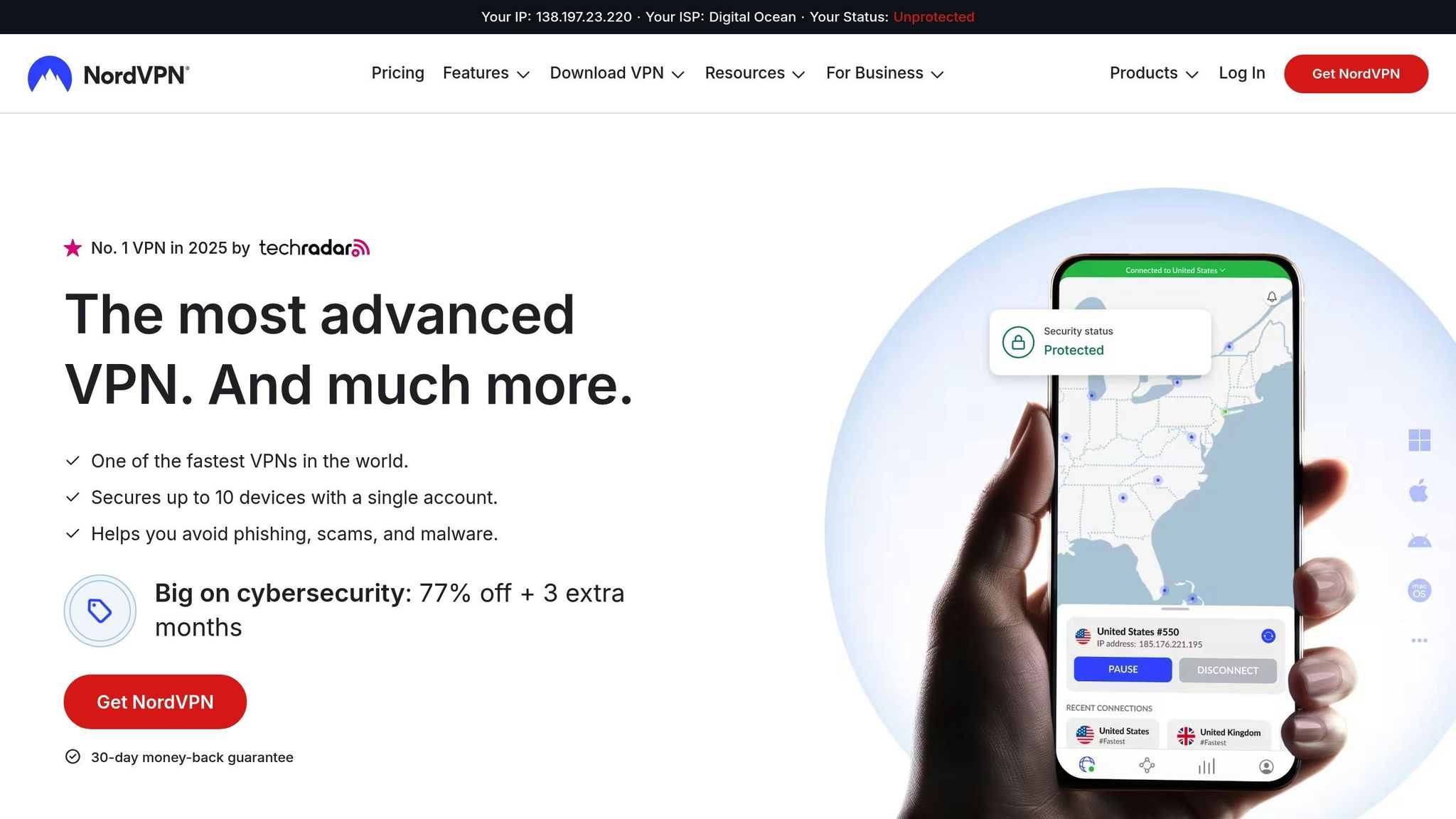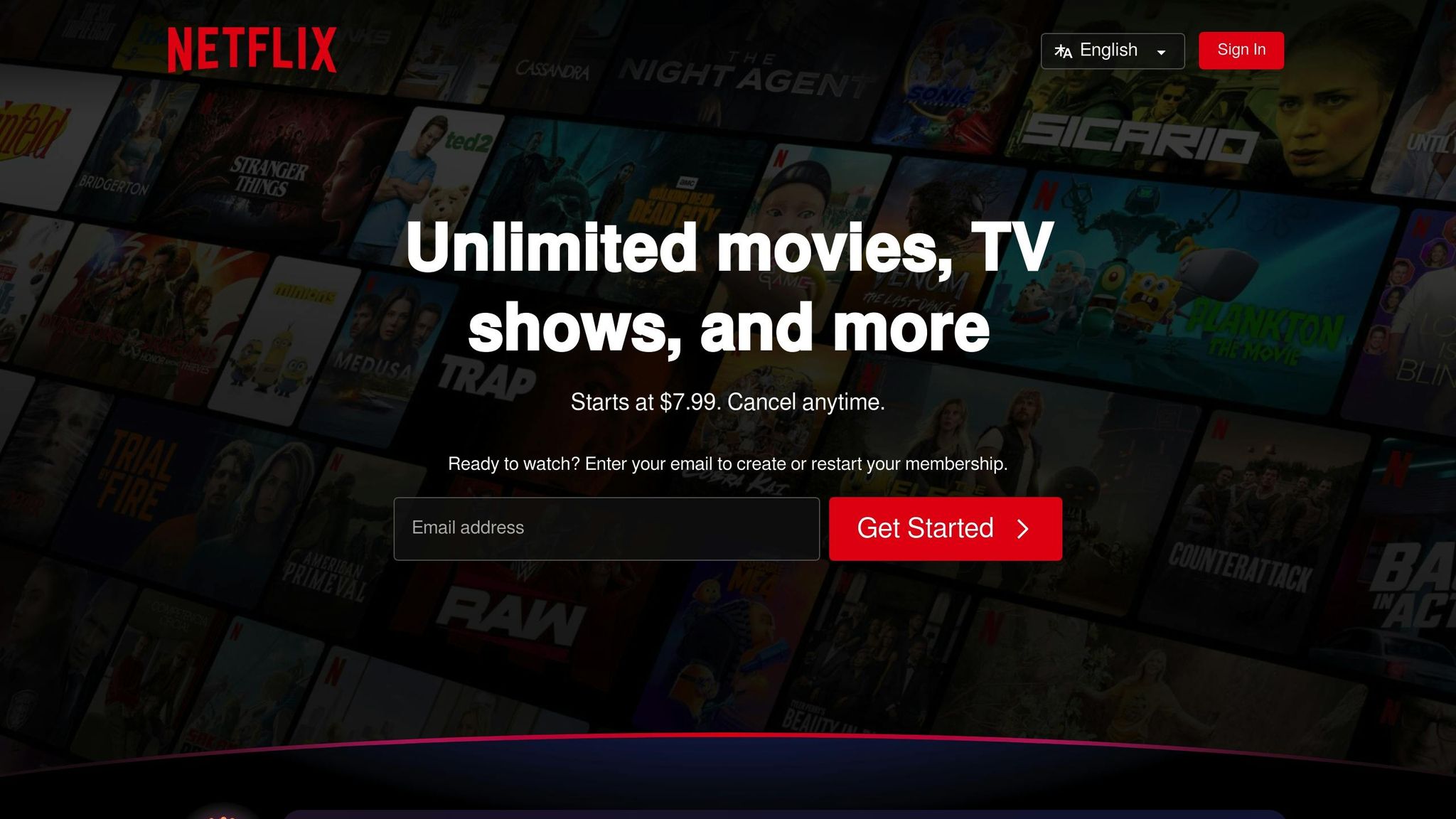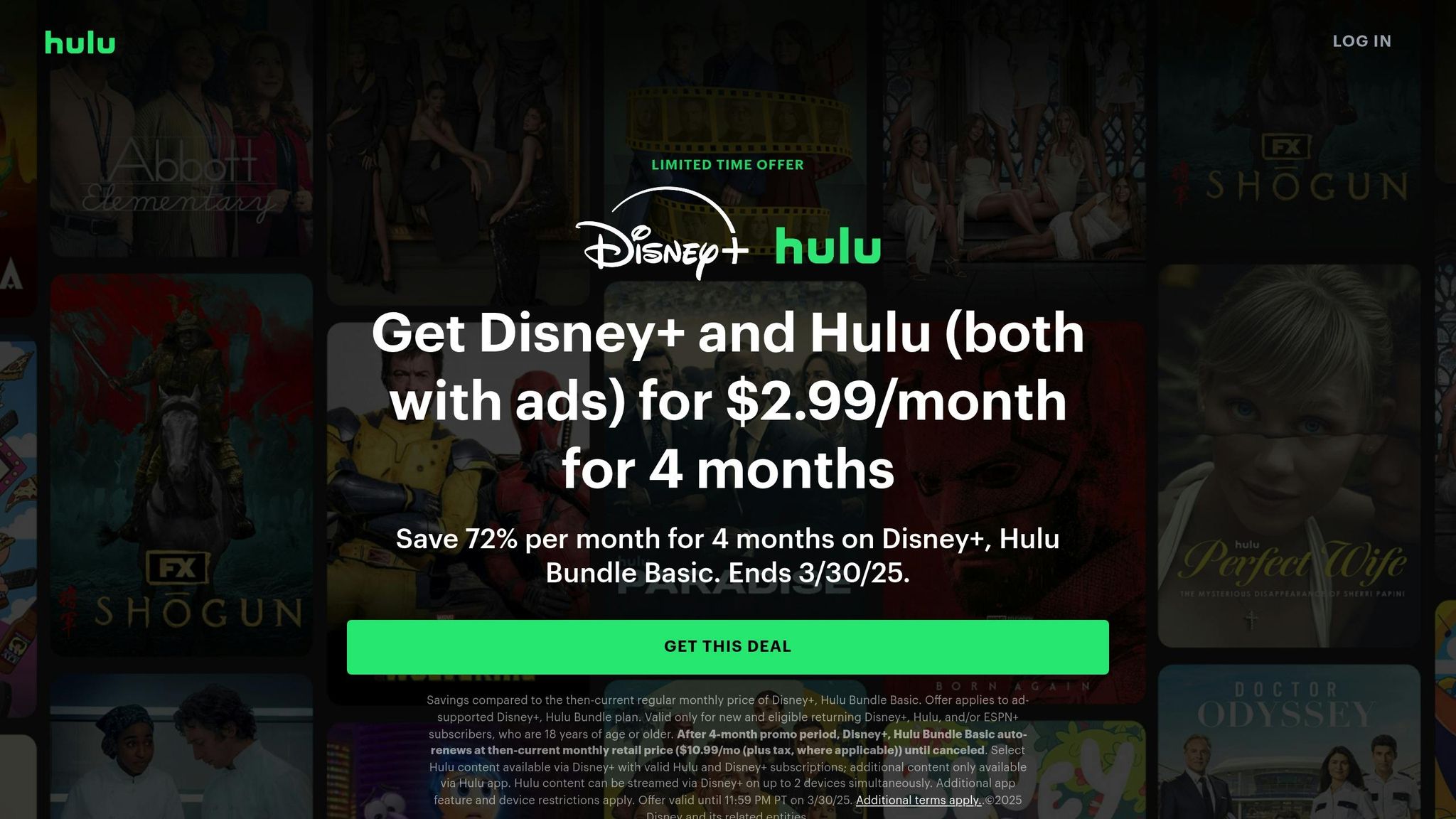Streaming platforms like Netflix, Amazon Prime Video, Hulu, and Disney+ collect and store personal data such as your name, email, payment details, and viewing history. They retain this data even after account cancellation, often for legal or reactivation purposes. Privacy laws like GDPR and CCPA allow users to request data deletion, but some information may still be kept. To protect your privacy, consider using temporary phone numbers during sign-up and managing your account’s privacy settings regularly. Here’s a quick overview of data retention practices:
- Netflix: Retains account and viewing data after cancellation for reactivation and legal requirements.
- Amazon Prime Video: Data is tied to your broader Amazon account and retained for personalization and compliance.
- Hulu/Disney+: Stores account and billing data for set periods; users can request deletion, but some data may remain.
Take steps like downloading your data, adjusting privacy settings, and using tools like disposable phone numbers to limit exposure.
NordVPN Review: best vpn 2023 for Security and Privacy and …

Streaming platforms collect and store personal details during sign-up to manage accounts and tailor your experience. Here’s a breakdown of the main types of data they keep.
Basic Account Data
When you sign up, streaming services usually save the following information:
- Full name and email address
- Billing address and payment details
- Account creation date and subscription status
- Password and security settings
- Communication preferences
This information helps verify your identity, process payments, and send updates. For instance, Netflix might maintain a detailed record of your payment history, including subscription changes and billing cycles. Similarly, Amazon Prime Video could store your address to sync with other Amazon services. Being aware of what data is stored gives you better control over your privacy.
Data Storage Times by Platform
Different streaming services handle your data in unique ways after you deactivate your account. Here’s a closer look at how Netflix, Amazon Prime Video, Hulu, and Disney+ manage your information.
Netflix Storage Periods
Netflix keeps your account data active during your subscription and holds onto certain details even after you cancel. This includes basic account information, your viewing history, and payment or device records, as required by law. These practices make it easier to reactivate your account later. For exact details, refer to Netflix’s privacy policy.
Amazon Prime Video Records
Amazon Prime Video operates within Amazon’s broader data ecosystem. Your account information remains active as long as your Amazon account is in use. Data like your watch history and device details is retained to provide personalized recommendations. While you can request data deletion, some records are kept to comply with legal obligations. Knowing these practices can help you better manage your digital footprint.
Hulu and Disney+ Storage Times
Hulu and Disney+ store account details, viewing habits, technical logs, and billing records for a set period after you cancel or terminate your account. Both platforms allow users to request data deletion, but some information may still be retained for regulatory purposes. Being aware of these policies can help you take steps to safeguard your personal information.
Next, find out how to manage and remove your stored data.
sbb-itb-5a89343
Managing Your Stored Data
Knowing how long your data is kept is just the start – taking control of it is key to maintaining your privacy. You can access and manage your streaming data through your account’s privacy settings.
How to Get Your Data
To request your data, log in to your account and navigate to the privacy settings. Look for options like "Download Your Data" or "Request My Data". Check the platform’s privacy policy for detailed steps. Once you submit your request, the service will send your personal information in a standard digital file. From there, you can decide how to manage or delete your stored data.
Data Removal Options
Many streaming platforms let you manage or reduce the data they store about you. You might be able to clear parts of your viewing history or adjust account settings. However, full deletion isn’t always an option, as some data must be kept to meet legal obligations.
Data Privacy Laws
Privacy laws ensure streaming platforms manage data responsibly and respect user rights.
GDPR Rules for EU Users
The General Data Protection Regulation (GDPR) outlines strict requirements for streaming services operating in the European Union. Key rules include:
- Deleting data when it is no longer needed.
- Providing clear details about how long data will be stored.
- Allowing users to request deletion of their data under the "right to be forgotten."
- Obtaining explicit consent for collecting specific types of data.
- Reporting data breaches within 72 hours.
These regulations give European users greater control over their personal information, ensuring it isn’t stored longer than necessary. GDPR has also set the tone for data management practices worldwide.
California Privacy Rights
California residents benefit from strong privacy protections under the California Consumer Privacy Act (CCPA) and the California Privacy Rights Act (CPRA). These laws provide rights such as:
- Knowing what personal data is collected and how it’s used.
- Requesting data deletion, with some exceptions.
- Opting out of the sale of their personal information.
- Accessing data collected about them.
As of January 1, 2023, the CPRA has added new requirements for streaming platforms, including:
- Transparency in automated decision-making processes.
- Allowing users to correct inaccuracies in their personal data.
- Expanding the definition of "sensitive personal information."
These updates ensure privacy controls are more consistent across accounts and align with broader industry practices, promoting better user data protection.
Safer Streaming Service Sign-ups
With streaming platforms collecting and storing user data, it’s more important than ever to protect your personal information during sign-ups. Using secure methods to sign up can help safeguard your privacy and limit unnecessary exposure of your data.
Temporary Phone Numbers
Temporary phone numbers are a simple way to keep your personal number private during sign-up. Services like MobileSMS.io offer disposable numbers that stay active for 10 minutes, just enough time to complete verification. Using these numbers helps you:
- Avoid linking your viewing habits to your personal phone number
- Prevent your contact details from being used for marketing
- Reduce the risk of exposure in case of data breaches
- Stop platforms from building detailed profiles that connect multiple services
SIM-Based Number Protection
For added security, SIM-based numbers provide a more reliable option. MobileSMS.io’s non-VoIP numbers have several benefits:
- They are real SIM numbers, ensuring smooth account verification
- Streaming platforms widely accept them
- They offer consistent success in verification processes
- Flexible rental periods are available, ranging from 7 to 90 days
Opting for a long-term rental number can be especially useful if you want to maintain account recovery options while keeping your personal number private. This approach strengthens your privacy in a world where platforms often retain user data for extended periods.
Next Steps for Data Privacy
Taking control of your data privacy doesn’t have to be overwhelming. Here’s how you can take actionable steps to protect your information.
Check Your Streaming Services
Look into how platforms like Netflix and Hulu handle your data. These services often track your viewing history and store personal details. Dive into your account settings to see what’s been collected and adjust your preferences if needed.
Use Privacy Tools
Consider tools like MobileSMS.io for disposable numbers when signing up for services. This simple step can shield your personal phone number from unnecessary exposure.
Know and Use Your Privacy Rights
Data protection laws are there for a reason – use them. Some key actions include:
- Requesting access to your data under GDPR
- Leveraging CCPA to ask for data deletion
- Regularly updating and reviewing your privacy settings
Plan for Long-Term Privacy
For ongoing protection, think about using long-term rental numbers for your streaming accounts. This ensures you keep access to your accounts while safeguarding your personal information.



